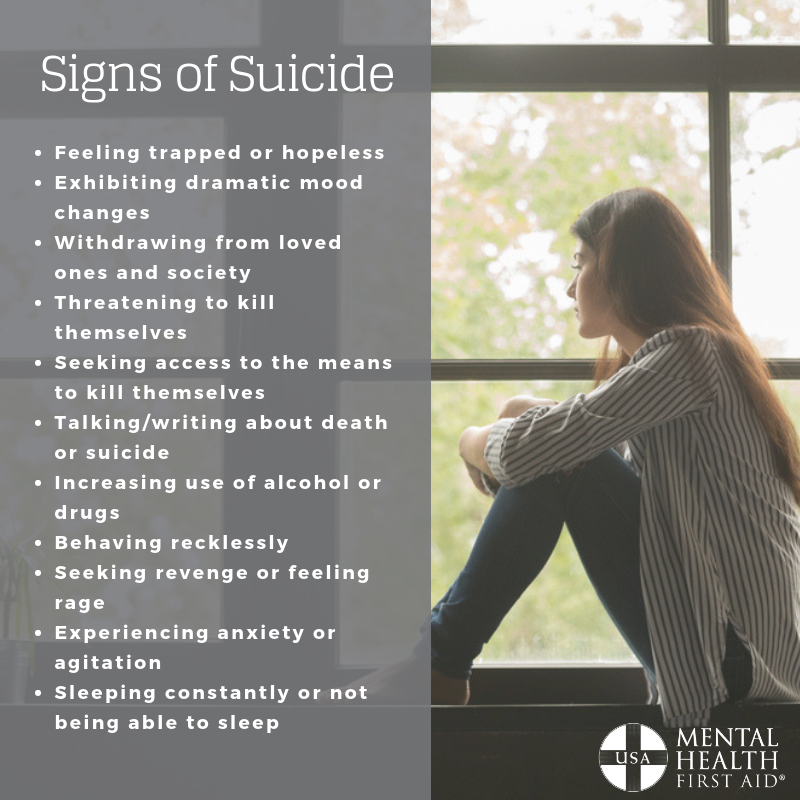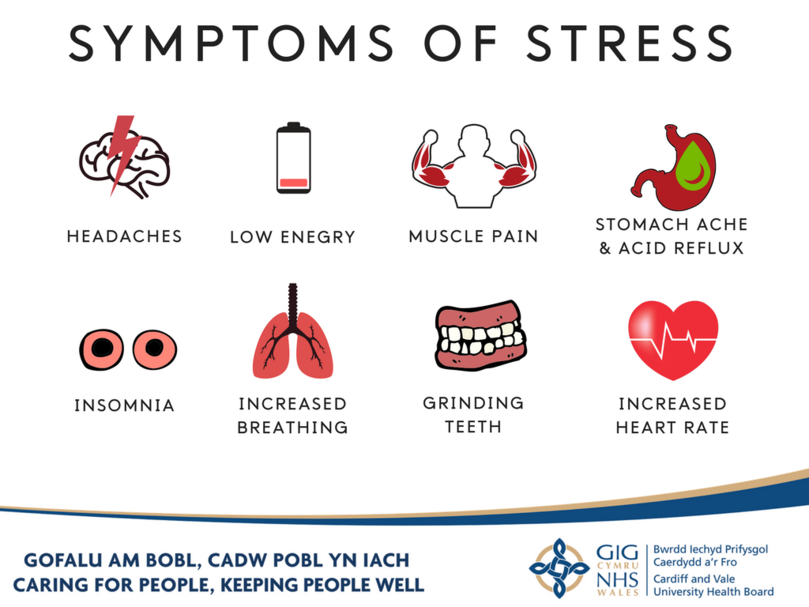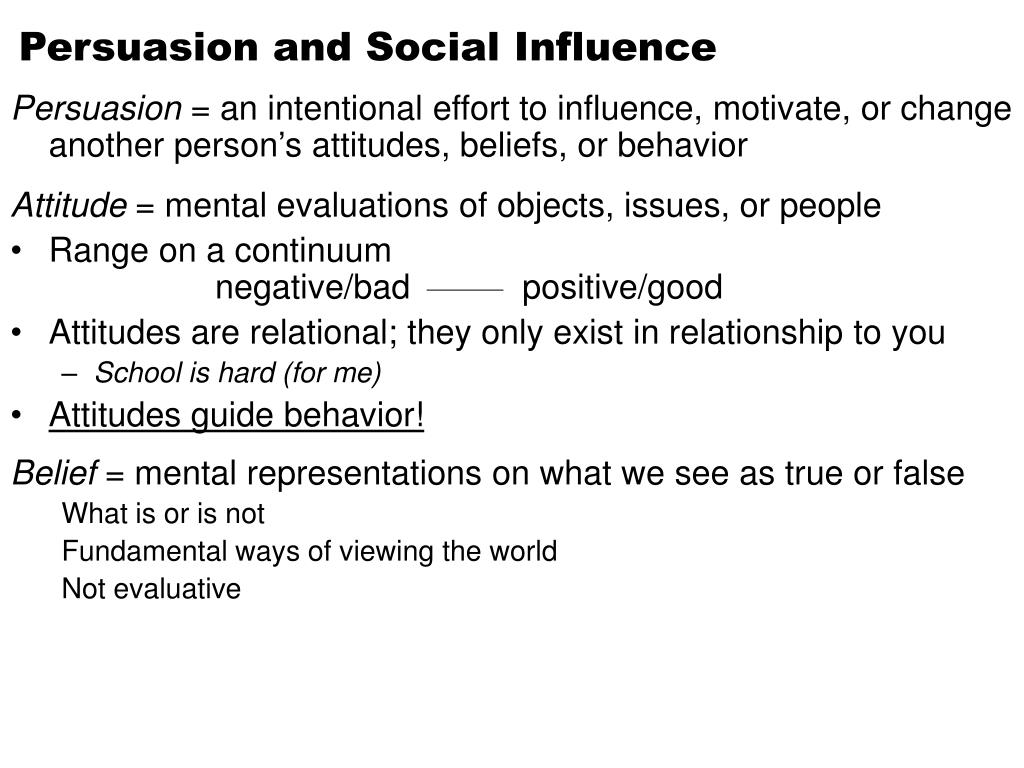What to do if you suspect someone is suicidal
Suicide prevention | Office on Women's Health
Are you having thoughts about hurting yourself or someone else? Get help right away. If you're in a life-threatening situation, call 911. Getting help for mental health conditions can help prevent suicide.
I’m having suicidal thoughts. What should I do?
- Call 911. Suicidal thoughts are an emergency.
- Call 1-800-273-TALK (8255).
- Go to the emergency room.
- Tell someone who can help you find help right away.
- Stay away from things that might hurt you, like guns, medicines, or dangerous places.
You can also visit our section on mental health conditions. For each condition, you’ll find a list of resources to help you find the support you need. These feelings can and will go away. Talk to a health professional. You are not alone!
What should I say if someone threatens to commit suicide?
If you know someone who is at immediate risk of suicide, call 911 right away. Someone who wants to kill herself should see a doctor, nurse, or mental health professional right away.
If you know someone who might be suicidal, show that you care by:
- Talking to the person. Your willingness to talk about thoughts of suicide with a friend, family member, or co-worker can be the first step in getting her help and preventing suicide. You won’t increase the risk of someone dying by suicide by talking to her about your concerns.
- Sincerely listening to the person. Do not offer advice or judgment, but let her know she is not alone. Don’t worry about saying the exact, correct thing. Your presence in the person’s life is what is most helpful.
- Sharing your concerns. If you feel that she may make a reckless decision, say that you are worried. The person needs to know that she is important to you and that you care.
- Finding out if the person has a suicide plan. If the person has a definite plan, don’t leave her alone, and get help from other friends or family.

- Offering help to find a professional counselor. Many counselors or therapists can see a new patient in an emergency. A person’s insurance plan, doctor, or nurse may be able to recommend someone right away.
- Calling the National Suicide Prevention Lifeline, 1-800-273-TALK (8255)
It can be difficult when a loved one says she is thinking about suicide. All you can do is be supportive and let her know you care. You cannot control or change someone else’s behavior, no matter how much you love her. If a loved one commits suicide, it is not your fault.
What are the warning signs of suicide?
People who consider suicide often feel like there is no hope. They may often feel sad, lonely, trapped, or alone. Some people who have survived suicide attempts have said that these feelings go away and do not last forever.
The main warning signs of suicide include:
- Thinking or talking about suicide
- Misusing substances like drugs or alcohol
- Feeling no sense of purpose or belonging
- Anger
- Feeling trapped (feeling like there is no way out)
- Hopelessness (feeling there is nothing to live for)
- Withdrawal (from family, friends, work, school, activities, or hobbies)
- Anxiety (restlessness, irritability, or agitation)
- Recklessness (high risk-taking behavior)
- Severe mood swings or highs and lows
Other warning signs of suicide include:
- Looking for ways to die (e.
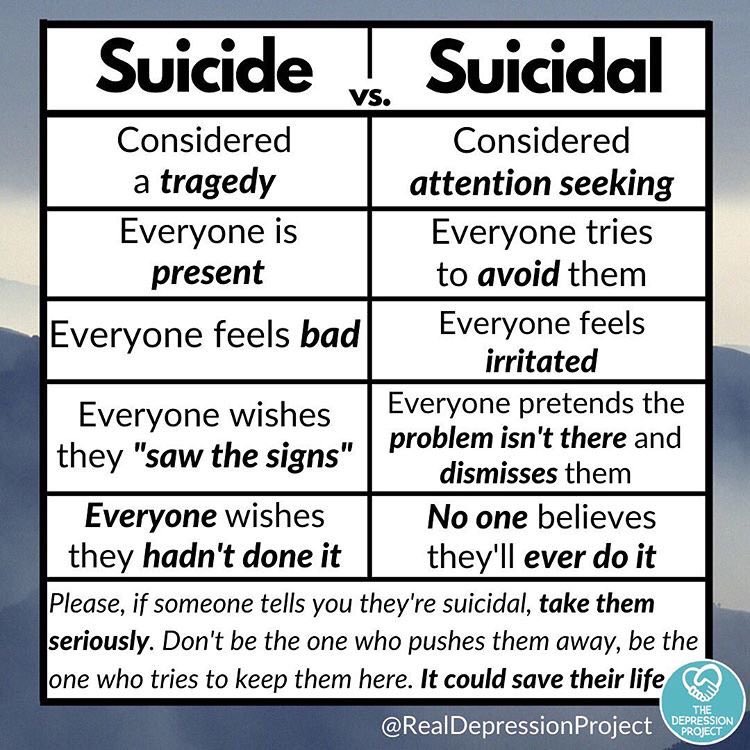 g., internet searches for how to commit suicide; looking for guns or pills)
g., internet searches for how to commit suicide; looking for guns or pills) - Talking about hopelessness, helplessness, or worthlessness
- Thinking about death a lot
- Suddenly acting happier or calmer after showing other suicide warning signs
- Loss of interest in things they used to care about (e.g., hobbies, relationships, work, school)
- Visiting or calling loved ones and saying goodbye, especially after a long absence
- Making arrangements or putting their affairs in order
- Giving things away, such as prized possessions
A suicidal person needs to see a doctor or mental health professional right away.
What puts someone at risk of suicide?
Some things that increase a woman’s risk of suicide include:
- Depression and other mental health conditions or a substance use disorder. More than 9 in 10 people who die by suicide have a mental health condition or substance abuse problem.1
- A prior suicide attempt
- A family history of mental disorders or substance abuse
- A family history of suicide
- Recent divorce or loss of a spouse or partner2
- Eating disorders3
- Sexual orientation.
 Research suggests that lesbians and bisexual women are at higher risk of suicide than heterosexual women are.4
Research suggests that lesbians and bisexual women are at higher risk of suicide than heterosexual women are.4 - Family violence, including physical or sexual abuse
- Firearms in the home
- Exposure to suicide by other people, including family members, friends, co-workers, or media figures
- Lack of social connection5
Did we answer your question about suicide prevention?
For more information about suicide prevention, call the OWH Helpline at 1-800-994-9662 or check out the following resources from other organizations:
- National Suicide Prevention Lifeline: After an Attempt — A Guide for Taking Care of Your Family Member After Treatment in the Emergency Department (PDF, 352 KB) — Brochure from the Substance Abuse and Mental Health Services Administration.
- Older Adults and Depression — Information from the National Institute of Mental Health (NIMH).
- Suicide — Fact sheet from NIMH.
- Suicide Myths — Information from Suicide.
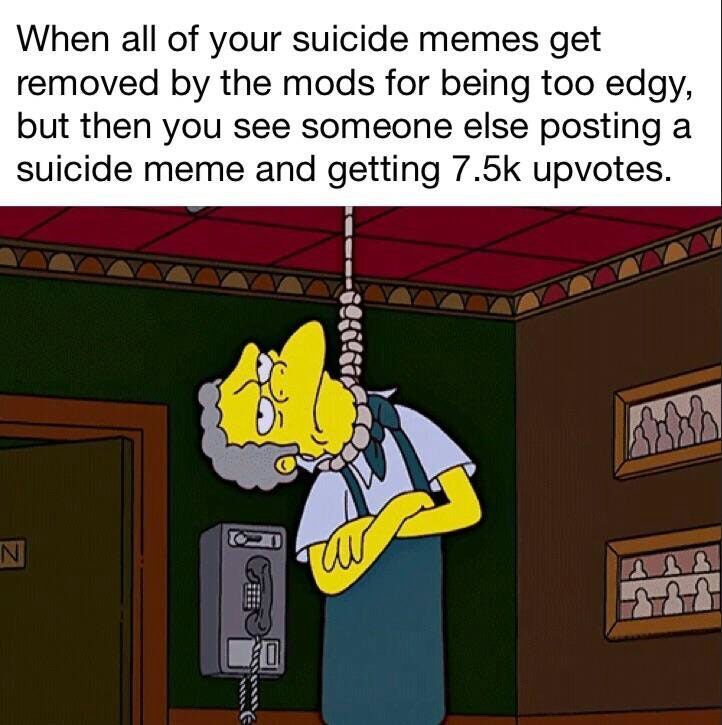 org.
org. - Suicide Prevention — Information from SAMHSA.
Sources
- Substance Abuse and Mental Health Services Administration (SAMHSA) Center for Substance Abuse Treatment. (2008). Substance Abuse and Suicide Prevention: Evidence & Implications—A White Paper. DHHS Pub. No. SMA-08-4352. Rockville, MD: SAMHSA.
- Vörös, V., Osváth, P., Fekete, S. (2004). [Gender differences in suicidal behavior]. Neuropsychopharmacologia Hungarica; 6(2): 65–71.
- Pisetsky, E.M., Thornton, L.M., Lichtenstein, P., Pedersen, N.L., Bulik, C.M. (2013). Suicide attempts in women with eating disorders. Journal of Abnormal Psychology; 122(4): 1042–1056.
- Cochran, S.D., Mays, V.M. (2015). Mortality Risks Among Persons Reporting Same-Sex Sexual Partners: Evidence From the 2008 General Social Survey-National Death Index Data Set. American Journal of Public Health; 105(2): 358–364.
- Tsai, A.C., Lucas, M., Kawachi, I. (2015). Association between social integration and suicide among women in the United States.
 JAMA Psychiatry; 72(10): 987–993.
JAMA Psychiatry; 72(10): 987–993.
All material contained on these pages are free of copyright restrictions and maybe copied, reproduced, or duplicated without permission of the Office on Women’s Health in the U.S. Department of Health and Human Services. Citation of the source is appreciated.
Page last updated: February 17, 2021
Help Someone Else : Lifeline
If someone you know is struggling emotionally or having a hard time, you can be the difference in getting them the help they need. It’s important to take care of yourself when you are supporting someone through a difficult time, as this may stir up difficult emotions. If it does, please reach out for support yourself.
Do They Need Your Help?
Some warning signs may help you determine if a loved one is at risk for suicide, especially if the behavior is new, has increased, or seems related to a painful event, loss, or change. If you or someone you know exhibits any of these, seek help by calling the Lifeline.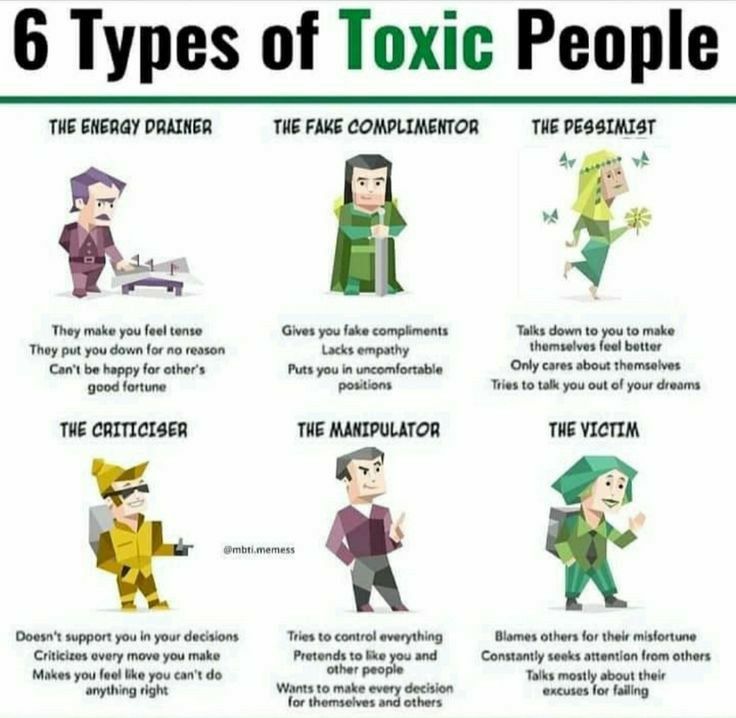
- Talking about wanting to die or to kill themselves
- Looking for a way to kill themselves, like searching online or buying a gun
- Talking about feeling hopeless or having no reason to live
- Talking about feeling trapped or in unbearable pain
- Talking about being a burden to others
- Increasing the use of alcohol or drugs
- Acting anxious or agitated; behaving recklessly
- Sleeping too little or too much
- Withdrawing or isolating themselves
- Showing rage or talking about seeking revenge
- Extreme mood swings
How Can You Help Them?
It can be scary when a friend or loved one is thinking about suicide. It's hard to know how a suicidal crisis feels and how to act. Call 988 at any time for help if a friend is struggling.
Contact a Lifeline Center
Never keep it a secret if a friend tells you about a plan to hurt themselves. Call 988 so that you can find out what resources are available in your area, or encourage your loved one to call. Calls are routed to the Lifeline center closest to your area code that can provide you with local resources.
Calls are routed to the Lifeline center closest to your area code that can provide you with local resources.
Use The Do's and Don'ts
Talking with and finding help for someone that may be suicidal can be difficult. Here are some tips that may help.
Be Aware Of Suicidal Feelings
People having a crisis sometimes perceive their dilemma as inescapable and feel an utter loss of control. These are some of the feelings and thoughts people experience in crisis. If you or a friend are feeling this way, call us anytime at 988.
Use the 5 Action Steps
These evidence-based action steps provide a blueprint for reaching and helping someone in crisis.
#BeThe1To
Practice Active Listening
Hearing someone talk is different from actively listening to what that person is saying. Active listening requires concentration and understanding. Improving your listening skills is easy to do with practice and these helpful tips.
Get More Info
The federal Substance Abuse and Mental Health Services Administration offers additional resources for multiple audiences.
Visit SAMHSA Online
Social Media Safety
Find ways to support people in crisis online, build guidelines for your digital community, and learn how to report someone in crisis on different social media platforms.
Get in touch
Call the Lifeline
Suicide: what it is, how to recognize a tendency, how to get rid of thoughts of suicide, psychologist's advice
Suicidal thoughts at least once in a lifetime visit many, and this does not mean anything threatening. However, if these thoughts become persistent and a person sees suicide as a way out of a difficult life situation, it is worth getting worried and taking actions aimed at preventing the irreparable. How can you act, says a psychotherapist.
Alena Golzitskaya, researcher at the Psychological Institute of the Russian Academy of Education, systemic family psychotherapist, specialist in the service for the selection of psychologists Alter
Advertising on RBC www. adv.rbc.ru
adv.rbc.ru
What is suicide
Suicide (suicide) is the intentional taking of one's own life. Most researchers of this problem do not inspire confidence in the world suicide statistics. So, according to official data, in Russia in 2017, 7529 people died from suicide, and in 2016 - 8972. Most likely, the real figures are dozens of times higher, but due to the peculiarities of the legislation and sometimes in connection with other circumstances, the causes of death of a person are incorrectly established, which significantly affects the statistical data.
Types of suicide
Conventionally, suicide can be divided into two forms: true and pseudo-suicide (demonstrative). If the first of them implies the realization of the intention to kill oneself in order to actually do it, then the second form is aimed at drawing the attention of others to their problems. In other words, suicide can serve as an attempt to reach out to loved ones, if a person does not see other ways.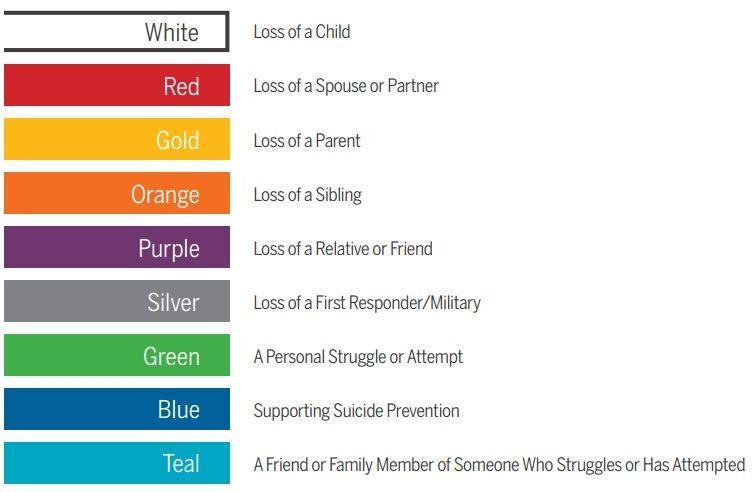
It is sad to realize that people can take such risky steps to attract the attention of those around them.
Suicidal thoughts
As a rule, persistent suicidal thoughts are experienced by people who have been in a difficult situation for themselves for some time - for example, after significant losses (relatives, position, source of livelihood, etc.) or violence (moral or physical). It may seem to such people that they cannot cope, everything is meaningless, they will never find ground under their feet and will never live as before.
In fact, most often these are catastrophic thoughts that make the situation too aggravated. And even if everything is really bad, you can ease the suffering and find options for how to make your life better. But some people find it difficult to see positive prospects, especially if they don't have a supportive environment.
If you often have thoughts of causing irreparable harm to yourself and they arise for a reason, but because you are really confused, desperate, feel emotional pain, do not see any other way to cope with difficult circumstances, contact a psychologist, psychotherapist or to a loved one, if there is no other possibility. Finally, telephones for emergency psychological assistance are always available.
Finally, telephones for emergency psychological assistance are always available.
Abuse: how to recognize moral abuse and what to do about it
© Shutterstock
Signs that allow you to suspect the possibility of committing suicide
- Frequent discussions about the possibility of committing suicide
- Mentions about the meaninglessness of their existence
- Depressed, apathetic mood, feeling that the joy of life is gone
- Alarm too strong for a long time
- Mention that the person feels lonely, helpless
- Difficulties with sleep (too much sleep or insomnia), eating behavior (overeating or severe restrictions on eating) for a long time (from three weeks)
- Strong weight gain or loss
- Engaging a person in dangerous behavior - excessive risk, alcohol or drug use
- Social isolation - unwillingness to maintain friendly and other contacts with others
- Deeds indicating that a person completes the main affairs: drawing up a will, selling property, getting rid of personal savings
- Self-injurious behavior (cutting, hitting, scratching oneself).

How to talk to a person who is about to commit suicide
If you suspect that your loved one may be suicidal, the best way to clear things up is to ask them a direct question, which might sound like: “Are you thinking about kill yourself?"
Do not be afraid that you will provoke a person to active actions. Most often, people try not to share their heavy thoughts about suicide, fearing to scare loved ones. By revealing your suspicions, you relieve a lot of tension around this topic.
Remember that if a person really thinks about doing irreparable harm to himself, you can help him only if you speak frankly and hear about it from him.
During this conversation, do not try to discount the hard feelings behind the suicidal thoughts. Talk to your loved one in a supportive manner, do not immediately try to convince him - this is most likely impossible to do here and now.
Confirm that you sympathize with his condition, in no case do not shame the loved one and do not express open aggression.
Try to let your loved one know that you are there, ready to support him, that you will help him at least find the right specialist - a psychotherapist or psychologist with whom he can discuss his condition and get professional help.
There are situations in which your help may be critical, for example:
- if you witness direct actions of a loved one related to the acquisition of weapons or other means by which he can commit suicide, and at the same time you have already heard from him about plans to harm yourself;
- if you see that after a period of long despair for no apparent reason, a person becomes very calm, as if inside he has already made an important decision for himself;
- this is accompanied by attempts to say goodbye to important people, as well as a desire to give away / donate things or assets that are significant to him.
In such situations, try not to leave the person alone. If it is seen by a psychotherapist, you can encourage a loved one to call or write to a specialist, or do it yourself if a loved one is not able to do this. In Russia, there is an emergency psychiatric care that allows you to hospitalize a person if he is dangerous to himself or others.
In Russia, there is an emergency psychiatric care that allows you to hospitalize a person if he is dangerous to himself or others.
© Shutterstock
Teenage suicide
Suicide is among the top three causes of death among people aged 15 to 34. Every year, one in 12 adolescents in the world between the ages of 15 and 19 attempt suicide. Russia, alas, is one of the leading countries in terms of the number of teenage suicides.
According to researchers, only 10% of adolescents planning suicide have a serious intention to kill themselves. The remaining 90% are those who want to “reach out” in this way to their loved ones. That is why, quite often in such cases, suicide attempts are made at home on weekends, during the daytime - thereby a person is trying not to take his own life, but rather to attract attention to himself.
What are the characteristics of teenage suicide? The fact that a teenager, unlike an adult, is not able to adequately assess the possible consequences of his behavior. Adolescents often expect a "second birth" from suicide, which implies that others will reevaluate their attitude towards him, "understand everything and go forward", "regret their attitude or behavior."
Adolescents often expect a "second birth" from suicide, which implies that others will reevaluate their attitude towards him, "understand everything and go forward", "regret their attitude or behavior."
Another difference is that the categorical and impulsive nature often characteristic of adolescents can lead to the fact that the causes of suicide attempts become insignificant (especially from the point of view of adults) reasons. For example, a conflict with classmates or teachers, non-reciprocal love, problems in relationships with parents.
Also a feature of adolescence is a propensity for risky behavior - adolescents try to find the boundaries of what is permitted for themselves, sometimes crossing them. As a result, they can risk their lives, and this risk is often fatal.
The main reasons that encourage adolescents to commit suicide:
- Mental disorders
- Severe somatic diseases
- Problems in the family
- Failures in romantic relationships
- Self-esteem problems, self-dislike
- Difficulties in self-realization in a peer group
- Alcohol and drug abuse.

Gaslighting: how to recognize and resist psychological manipulation
Depression and suicide
One of the most common causes of suicide in the world is depression. People suffering from this mental disorder are prone to frequent and persistent reflections on the negative aspects of reality, to the fact that they begin to hate themselves, do not seek to communicate with others, do not turn to them for help, feel the meaninglessness of what is happening and, as a result, seriously think about voluntary retirement.
A feature of suicide in depressed patients is that they often attempt suicide in the first weeks after the appointment of drug treatment. This is because they finally begin to return to a person who previously did not have the strength to commit suicide. That is why it is recommended that you always combine drug therapy with psychotherapy and be able to urgently contact specialists if you or your relative has started treatment for a depressive disorder.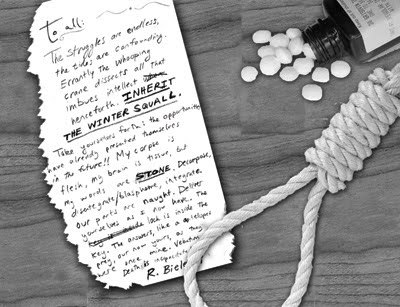
© Shutterstock
Inducing suicide
Inducing suicide is a criminal offense. Among the most common causes are long-term conflict situations in family and partnership relationships that lead a person to a sense of hopelessness. The reason for committing suicide is often the criminal, immoral behavior of one of the relatives. The vast majority (87%) of suicidal crimes are committed in the course of domestic abuse and systematic humiliation of human dignity.
Among the factors contributing to suicide, one can note systematic harassment in the team (educational or work), as well as the deliberate influence on the still emerging children's psyche of the materials of "death groups" on the Internet.
In the latter case, it is very important for parents to always be aware of what is happening in the child's life, to pay special attention to possible sudden mood swings, obsessive fears, the adolescent's desire for sharp isolation or special secrecy. Communicating with a child in a trusting manner on a daily basis can be a good prevention of the occurrence, including suicidal behavior.
Why suicide is not the way out
Suicide is never the way out of a difficult situation, if only because there are always several possible ways to solve it. Even if we are talking about a huge loss - for example, a close or dear person, without which life is not possible - anyway, someday the day will come when it will become easier and the situation will not look hopeless.
This is true for all other difficulties in life. Suicidal thoughts and attempts are greatly facilitated by the feeling that positive changes will never happen. But this is not true. Human emotions have a wave-like configuration: if you experience a feeling of despair, sooner or later it will definitely lose its saturation. It is in our nature to adapt to everything - even the most terrible. This means that over time, adaptation will inevitably occur and a person will learn to live in new conditions.
It is very important to remember that the one who plans suicide always doubts that this is exactly what he needs. And if you help a person to refrain from committing the irreparable, then he can be helped to look at what is happening from new angles - and, perhaps, he will forever abandon his idea.
And if you help a person to refrain from committing the irreparable, then he can be helped to look at what is happening from new angles - and, perhaps, he will forever abandon his idea.
If you or someone close to you needs urgent psychological help, you can use these numbers or find an emergency mental health hotline in your city.
Emergency Psychological Service of the Ministry of Emergency Situations of Russia: +7 (495) 989-50-50
Round-the-clock helpline for victims of violence of the Anna Center (included in the register of NGOs that act as foreign agents): +7 (800) 700- 06-00
Free emergency psychological help "Yaroslavna" at the Institute of Practical Psychology and Psychoanalysis: +7 (495) 120-16-60
And remember: absolutely nothing can be changed only in one single case - if we are physically gone . As long as we live, you can find many ways out and ways of development. Our life is already fleeting, and the world is too interesting and diverse to leave it ahead of time.
Long distance relationships: how to know if they are worth continuing
Tags: psychology
Suicide as a social problem
Suicide is a frightening topic, it is not accepted and not very pleasant to discuss. Therefore, faced with either direct threats from his loved one to commit suicide, or suspecting such a development of events, a person often finds himself at a loss, does not know how to deal with this: whether to ignore the threats, not paying attention to them, considering them empty talk, or rush to save a loved one at any cost? Indeed, often the reaction of loved ones, their ability to recognize the threat in time, their actions, their sincere desire to support a person, perhaps his life depends.
In Soviet times, there was a belief that suicide was a clear sign of mental illness. That is, each suicide posthumously received the title of abnormal, and those who managed to be pulled out were registered with a psychiatrist for life (with all the ensuing consequences).
That is, each suicide posthumously received the title of abnormal, and those who managed to be pulled out were registered with a psychiatrist for life (with all the ensuing consequences).
In general, thoughts about suicide are most often a sign not of the absence, but, if you like, of an excess of the mind (that same "woe from the mind", which we have already spoken about more than once).
Almost all people think about suicide at one time or another. 80% of people admit they have "played" with suicidal ideas.
Suicide is never spontaneous - although sometimes it looks rather unexpected. Such a suicide is always preceded by a depressed mood, a depressive state, or simply thoughts of passing away. And those around. Even the closest people. Often, a person does not notice such a state (especially if they frankly do not want this). And a kind of test for readiness for true suicide - a person's thoughts about the meaning of life. Therefore, in a kind of "risk group" for suicides are teenagers and the elderly.
Who is suicidal?
The risk of suicide is very high in patients who drink alcohol. This disease is related to 25 - 30% of suicides; among young people, its contribution can be even higher - up to 50%. Long-term alcohol abuse contributes to increased depression, guilt, and mental pain, which are known to often precede suicide.
Chronic use of drugs and toxic drugs.
Drugs and alcohol are a relatively lethal combination. They weaken the motivational control over human behavior, exacerbate depression, or even cause psychosis.
Affective disorders, especially severe depression (psychopathological syndromes).
Chronic or fatal diseases.
Loneliness, severe loss, such as the death of a spouse (parent), especially during the first year after the loss.
Family problems: leaving the family or divorce, financial problems, etc.
Suicide risk assessment
People may be at risk, which does not mean they are suicidal.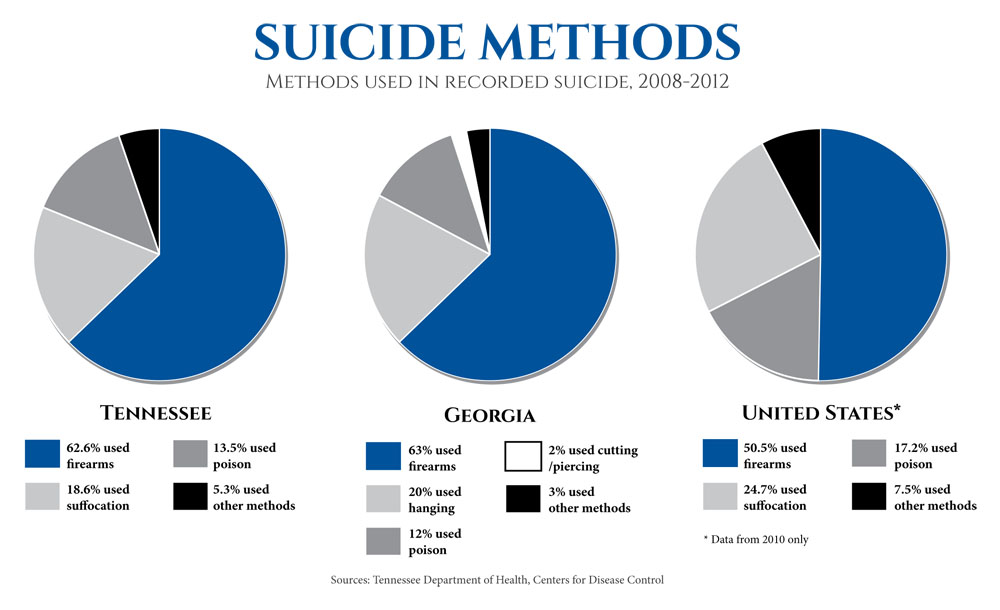 It must be emphasized that there is no single reason for suicide. However, all hints of suicide should be taken seriously. Special vigilance should be taken into account when the combination of dangerous signals persists for a certain period of time. There can be no doubt that a cry for help needs a response from a person who has the unique ability to intervene in a crisis of loneliness.
It must be emphasized that there is no single reason for suicide. However, all hints of suicide should be taken seriously. Special vigilance should be taken into account when the combination of dangerous signals persists for a certain period of time. There can be no doubt that a cry for help needs a response from a person who has the unique ability to intervene in a crisis of loneliness.
The main "tool" for assessing suicidal risk is a conversation with a person, observation of him, information received from third parties.
Suicide is preventable.
There is an opinion that if a teenager has decided to end his life, then it is impossible to stop him. It is also believed that if a teenager fails to commit suicide the first time, he will make suicide attempts again and again until he achieves his goal.
In fact, young people usually try to commit suicide only once. Most of them pose a danger to themselves only for a short period of time - from 24 to 72 hours. If someone intervenes in their plans and provides assistance, then they will never encroach on their lives again.
If someone intervenes in their plans and provides assistance, then they will never encroach on their lives again.
Not all teenage suicides are due to unhappy love. It’s just that “a young man thinking about life” (or, accordingly, a girl) did not find an answer for himself, what is his purpose in this world, and it is still very difficult for him to accept the answer “to live in order to live” due to teenage maximalism. And the main percentage of suicides “because of love” is not because the teenager was impatient to start an intimate life or his hormones are raging. It’s just that most often children’s love is nothing more than a reflection of the need to be needed by at least someone: if not parents, then Him or Her. And when reciprocity does not arise, often comes the feeling that NO ONE NEED YOU IN THE WORLD.
Old people pass away if they suddenly realize that they have lived all their lives in vain. Yes, if an elderly person is sure that he has done at least something significant on his way (at least for himself), then he begins to love life.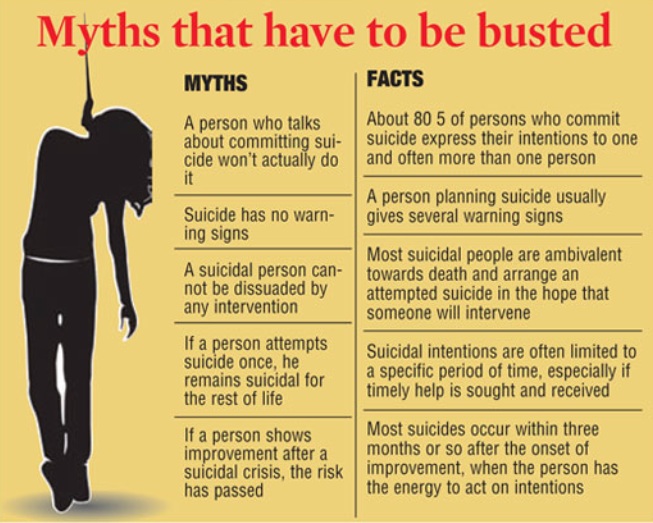 But those who are convinced that their entire existence has been wasted can commit suicide even in old age.
But those who are convinced that their entire existence has been wasted can commit suicide even in old age.
The most common mental illness in adulthood is depression. Depression in adulthood is often associated with suicide. Along with physical changes come mental changes. Parents who used to support their children are now becoming dependent on them. Children leave the parental home forever. The suicide rate among aging people is higher than at any other age.
The loss of the meaning of life can look like anything - it all depends on who sees this meaning in what. Lack of money can push to a fatal step the one for whom all life comes down to wealth; unhappy love can cause suicide if the lover cannot imagine a future without his beloved; and a woman, convinced that her destiny is only in motherhood, can commit suicide due to discovered infertility. Although, of course, in any of these cases, you can find another way out.
The main part of suicides is nothing more than an attempt to conduct a dialogue: only, in such a peculiar and completely unsuitable method for this.
Most suicides, as a rule, did not want to die at all - but only to get through to someone, to pay attention to their problems, to call for help.
Signs of suicidal behavior
- Conversations about suicide, death, dreams with a catastrophe plot, dreams about the death of people or one's own death, increased interest in tools for taking one's own life, reasoning about the loss of the meaning of life, letters or conversations of a farewell nature.
- Having a history of suicide, having an example of suicide in close circle, especially parents and friends; maximalist character traits, a tendency to uncompromising decisions and actions, dividing the world into white and black.
- Objective severity of life circumstances: childhood spent in a dysfunctional family, bad relationships with loved ones in this period, loss of a dear person, social rejection, serious illness, etc.
- Reducing the resources of the individual to withstand difficulties: depression, stressful conditions, helplessness, illness, violence in the close environment, exhaustion of the physical or mental plane, the need and inability to overcome difficulties.

What to do if you suspect someone of suicidal intent
talk about it.
Don't be afraid that such a conversation will lead to his "idea of suicide." If such a thought already exists, it exists regardless of your conversations. By questioning him, you give him the opportunity to talk about his feelings and intentions. People are often ambivalent in their desire for death. Even if someone denies such intentions, but you still suspect, you can gently return to the conversation after a while.
How to help
LISTEN - "I hear you." Do not try to console with general words like “Well, it’s not so bad”, “You will feel better”, “You shouldn’t do this”. Give him a chance to speak. Ask questions and listen carefully.
DISCUSS - open discussion of plans and problems relieves anxiety. Don't be afraid to talk about it - most people feel uncomfortable talking about suicide, and this manifests itself in denial or avoidance of the topic.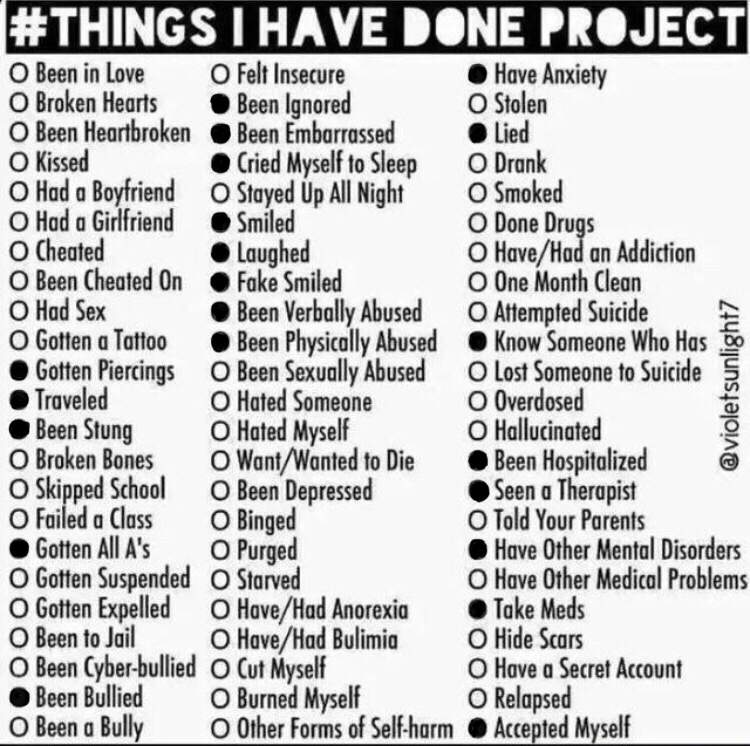 Conversations cannot provoke suicide, while avoidance of this topic increases anxiety, suspicion.
Conversations cannot provoke suicide, while avoidance of this topic increases anxiety, suspicion.
BE CAREFUL about proxy indicators for suspected suicide.
Every jocular mention or threat must be taken seriously. Adolescents often deny that they were serious, try to make fun of your excessive anxiety, and may pretend to be angry. Say you take them seriously.
ASK QUESTIONS - generalize, reframe - "It sounds like you're actually talking...", "Most people have considered suicide...",
"Have you ever wondered how to do it?" If you get a response, get specific. Gun? Have you ever shot? And where will you take it? What will happen then? What if you miss? Who will find you? Have you thought about your funeral? Who will come to them? The unsaid, hidden, you must make clear.
Help to speak openly and think about your ideas.
EMPHASIZE THE TEMPORARY NATURE of problems - acknowledge that his feelings are very strong, the problems are complex - find out how you can help, since he already trusts you. Find out who else could help in this situation.
Find out who else could help in this situation.
Listen carefully to what is being said to you. Try at all costs to remain calm and not give out moral assessments: “abnormal”, “terrible person”, and the like. This will not help, but only restore the interlocutor against you. You cannot advise a person how he should feel. You can sort out his problems with him and "break" them into more specific issues that can be solved step by step. Emphasize that there are other ways to solve problems other than suicide. Suggest going to a psychologist or therapist and talking about your problems.
DON'T AGREE TO KEEP THE SUICIDAL THOUGHTS AND PLANS OF YOUR INTERVIEWER SECRET! Even if you agreed, there is no sin in breaking your word. It will be much worse if your interlocutor dies and you will execute yourself all your life. Especially often teenagers fall for this "bait". What do they have to do after their friend or girlfriend commits suicide, and they knew about the intentions of friends and did not prevent! Don't be afraid to lose a friend, but be afraid to lose a person!
Do not let your interlocutor out of sight and try to select and hide the means with which he wanted to commit suicide.
What to do if you have suicidal intentions
Remember that some people with whom you shared your thoughts do not know what to do and in their temper and inability can say a lot of hurt to you, and it will hurt you even more . Do not be offended by them for this, but try to seek support from those who will help you.
Do not think that your crisis is only your problem, which you have to deal with alone. Seek help from a psychotherapist, doctor, friend who will listen to you carefully and help with advice.
Give yourself time. What you are feeling right now is a feeling that may subside in a day or a week. Feeling pain is just a feeling. Death is a way out of life, not a way out of pain. There are other ways to get rid of pain. Your thinking is clouded by pain and you cannot think clearly. Let others help you.
There is a false belief among the population that the appeal to a psychiatrist, psychotherapist, psychologist is something shameful and entails social consequences.